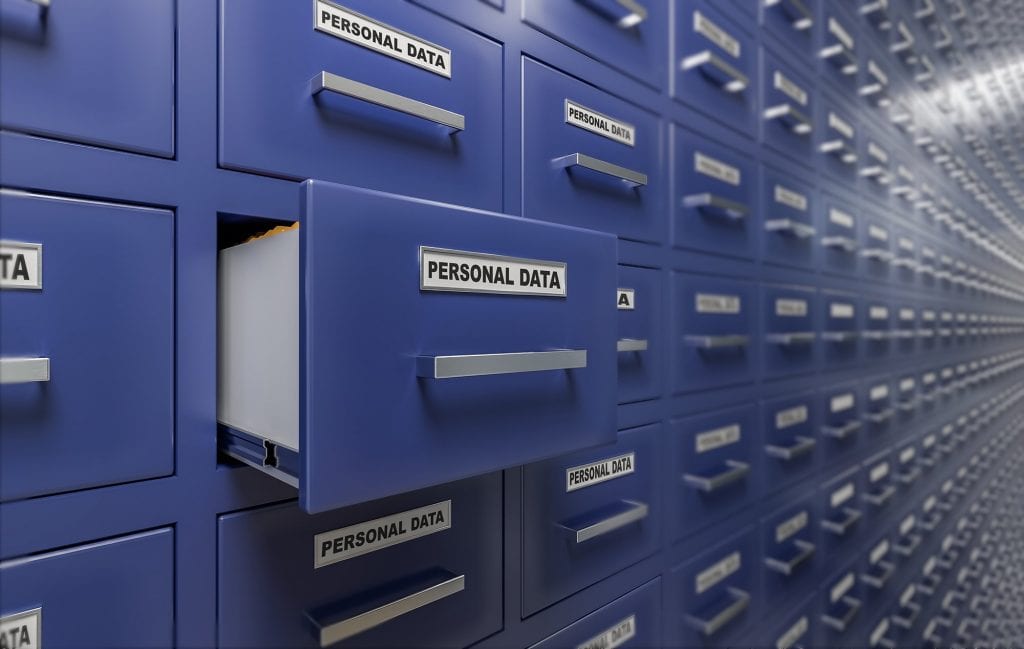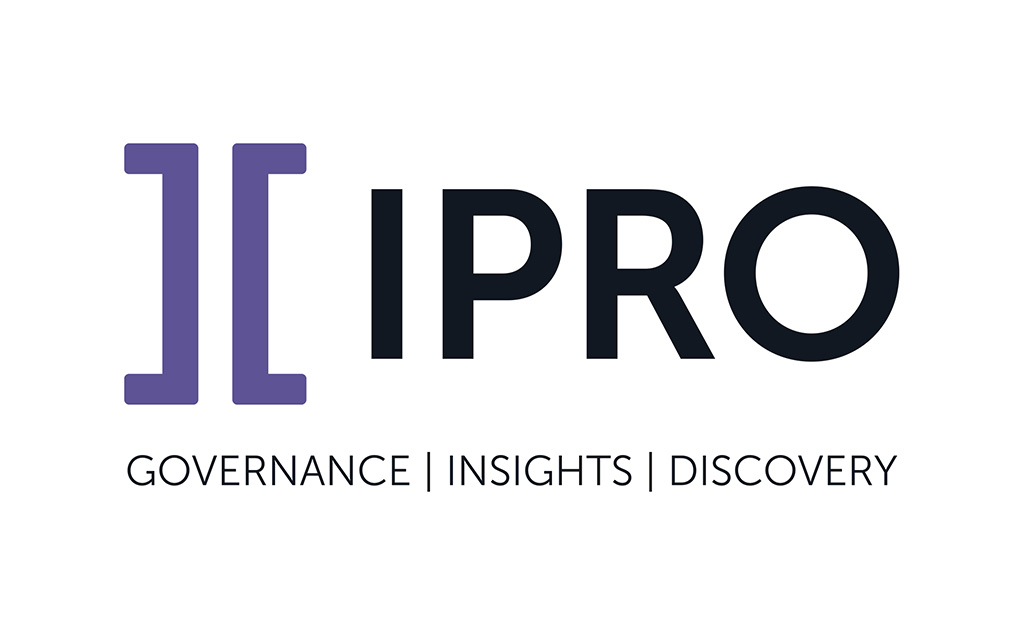
You Have a Choice When it Comes to Your Data, So Choose to Give it To Us: The Ongoing Dance Between Data Privacy and eDiscovery
We all love the idea of having control. Especially when it comes to the things that matter to us most. Things like privacy. And it’s that notion of control that tech giants like Google and Amazon are using in their latest announcements regarding user data.
In a NY Times Op-Ed published in May, Google’s Sundar Pichai said, “Privacy is personal, which makes it even more vital for companies to give people clear, individual choices around how their data is used.” This along with a statement saying that Google believes the United States would benefit from GDPR-like legislation is no-doubt an attempt to reassure users.
Amazon’s new Echo Show gives users the voice command “Alexa, delete everything I said today,” which deletes all voice commands from Amazon’s servers after midnight of that calendar day. In a few weeks, you’ll be able to use the command, “Alexa, forget what I just said,” to delete an individual command. But Amazon hasn’t said if these commands will delete metadata, and they won’t delete data shared in a transaction, like calling for a rideshare, ordering dinner, or purchasing something online. (In some ways, it begins to seem data is like energy in the First Law of Thermodynamics: it isn’t really destroyed, it only changes form).
More than this though, is the idea that putting privacy in the hands of the user creates a false dichotomy: you have control on how tech companies use your data, but just letting them use your data makes the use of their products so much more functional and convenient. And as Lauren Goode from Wired said, when “tech companies have made it a choice between convenience and privacy, convenience will always win.”
So, what does this mean for the LegalTech world? Any time data is involved, everything is at stake. Data is evidence, and the amount of electronically stored information (ESI) continues to grow at breakneck speeds. But, the same challenges apply regardless of how that ESI is created: where is it located and how can it be preserved, collected, reviewed, and produced for the courts in a timely, defensible, and cost-effective manner?
When you throw privacy into the mix, it adds another layer. Who owns the data? Is it protected and under what guidelines and jurisdictions?
Law tends to be a stolid, steadfast, and let’s face it, a slow-moving entity; technology is always chasing what lies beyond the horizon. For investigators, attorneys, and other players in the eDiscovery world (lit-support, IT, paralegals, etc.) understanding the data landscape belonging to specific custodians involved in a case can be complex on its own. The need to understand the larger, digital world and how changes in both technology and policies surrounding the creation, ownership, and extraction of data become increasingly important in creating effective strategies for the courtroom.
So the question begins, who uses Alexa, who uses Google and who decides to pass on both?


